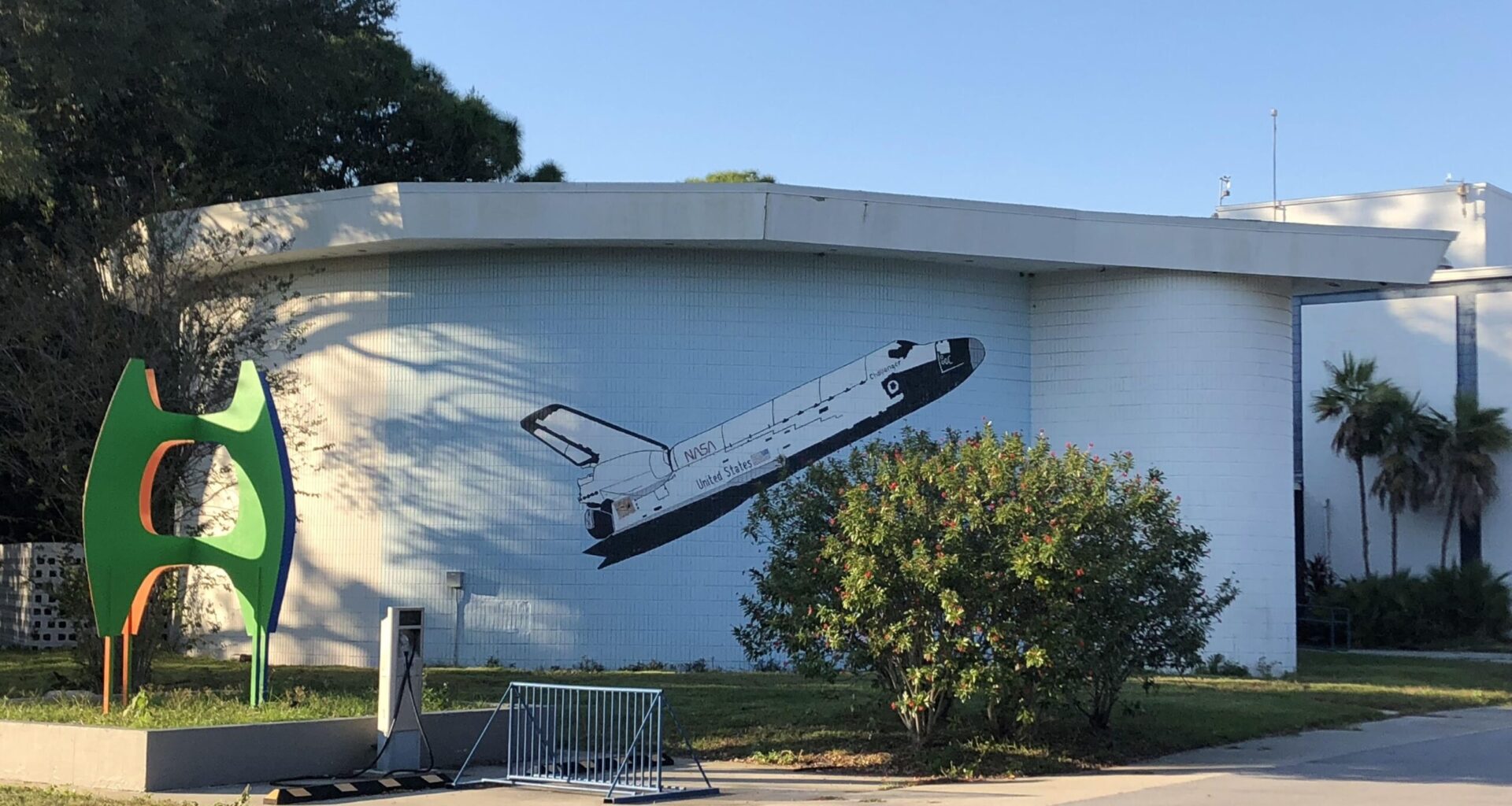The St. Petersburg City Council voted unanimously Thursday to support selling city land to allow a private group to revitalize and reopen the long-shuttered St. Petersburg Science Center, which the city currently owns.
St. Pete for STEAM, the group working to reactivate the Center, had already agreed with the city to pay $1.6 million for the Science Center site.
The vote came after passionate comments from Council members who took issue with Mayor Ken Welch’s administration’s assertion that a land sale is not feasible due to possible future wastewater resource needs.
At issue is a feasibility study the city commissioned, in which the Science Center was identified as the most feasible site for a new water reclamation facility — a project that is not currently planned or funded. Welch said last month he is no longer considering selling the property based on the feasibility report results.
City Council members agreed that the city should be proactive in identifying feasible space for future waste and stormwater capacity, but they disagreed that it had to be at the Science Center site.
“The most prudent thing to do is to not build this and save that land for future tanks,” City Council member Mike Harting said. But, he added, “prudent is not necessarily a consideration.”
He said the city can find a way to set aside land for future water resource use, while still moving forward with the Science Center project, which is being undertaken entirely by private interests, utilizing both public and private funds that have already been primarily raised.
And that’s what the motion, which Council members unanimously approved, said. City Council member Gina Driscoll, who called for Thursday’s discussion, moved to have the city move forward with its agreement to sell land for the Science Center’s use, while also continuing to identify a location for future water resources needs.
Council members were clear that the project is vital to the community.
“We need a win and, selfishly, I’d love for that win to be on the West side of St. Petersburg,” said Council member Copley Gerdes, who represents District 1 on the West side. “I do think, if there’s a way to get an ‘and’ rather than an ‘or,’ I’d certainly love to get there.”
Even Deborah Figgs-Sanders, one of Welch’s top allies, said the city should “figure out how we can do both.”
And Richie Floyd, a self-described Democratic socialist who is often skeptical of economic development projects, reminded that the city has an obligation to provide certainty to those looking to do business with the city.
“We let them get a long way down the road before we pulled the rug,” he lamented of Welch’s change of heart on selling the city-owned Science Center land to the group seeking revitalization.
The feasibility report at issue in Thursday’s discussion examined nine sites within the Northwest St. Pete geographic area for the construction of new water storage tanks, including the Science Center.
The Science Center and an existing brush site were ranked the most feasible locations for a future water project.
Both sites ranked similarly, with the brush site ranking better for ease of construction.
The difference came down to demolition costs. Because the brush site amounts to basically cleared land, except for some brush and debris piles that would need to be removed, the Science Center’s demolition costs would be about four times as expensive.
The city’s feasibility center further looked at land acquisition costs. Since it already owns the Science Center property, no fee would be associated with acquiring it. However, if the brush site were to be used, the city would have to develop new land to establish a new brush site. It is estimated that the cost is $2.9 million, significantly more than the $1.6 million that St. Pete STEAM has agreed to pay for the Science Center site.
But there are potential flaws in determining those costs. The study used a specific address — 2401 72nd St. North — as a comparison for property value. The property includes a well-maintained warehouse with 7,000 square feet of office space.
A presentation Florida Politics previously obtained offered an alternative cost at just $1.3 million, factoring a price of $650,000 per acre for land and highest and best use, for two acres to accommodate the brush site.
One of the project’s most prominent proponents is former St. Pete City Council member Robert Blackmon. Blackmon ran unsuccessfully against Welch in the 2021 Mayor’s race.
He was on hand Thursday for the conversation.
“Today shows that there is universal public and political support for this project. Hopefully, Mayor Welch will hear the message and reverse course without delay. Our citizens demand it, and our children deserve it,” he told Florida Politics.
The project also has broad community support. Letters of support have been received from various professors at the University of South Florida, the Tampa Bay Rays, Orlando Health, state Rep. Michele Rayner, Pinellas County School Board member Caprice Edmond, and more.
Local officials have worked diligently to secure public funding for the project, including former U.S. Rep. Charlie Crist, state Sen. Darryl Rouson, and state Reps. Linda Chaney and Berny Jacques.
Joe Hamilton, a community advocate and publisher of the St. Pete Catalyst, which shares content with Florida Politics, said the outcome of Thursday’s City Council vote is promising.
“8-0 is a strong show of support from the City Council, and I appreciate their thoughtful consideration. I am thankful to the public, and our incredible partners at the St. Petersburg Group, Pathfinder Outdoor Education, Water Warrior Alliance and the neighborhood heads of West St. Pete,” wrote, adding thanks to Crist, Rouson, Chaney and Jacques.
“I look forward to working with City Administration toward an expedited closing on the property, and expect to break ground as soon as the sale is complete,” he added.



